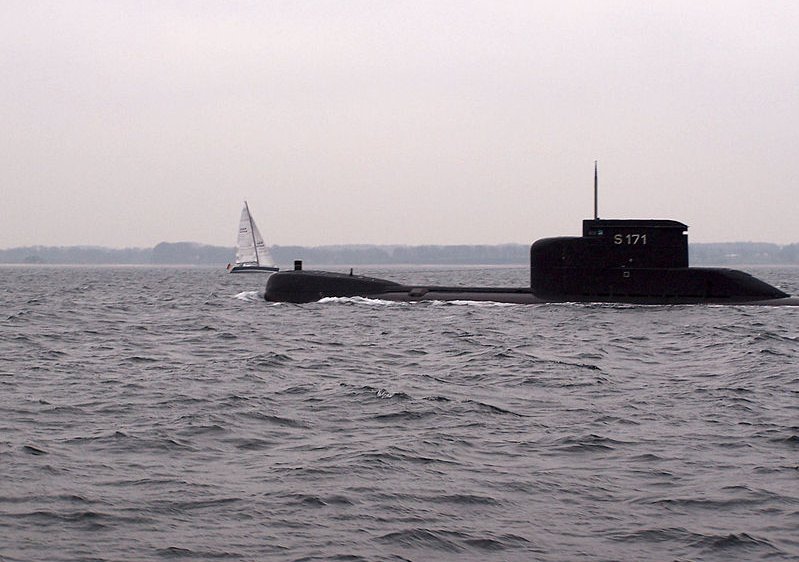J.R. Ireland sums up the Venezuelan situation:
The current fate of Venezuela is one of the most wretched and tragic foregone conclusions in modern history — an economic system that was doomed, from the first optimistic days of its implementation, to fail miserably and to beggar the poor, beleaguered Venezuelan people as it did so. There was no other way it could conceivably end. This sort of command economy has been tried continuously throughout the 20th century and humanity’s failure to learn from socialism’s shortcomings is the primary reason the next century is unlikely to greatly improve upon the last, at least from a human rights perspective.
So anyone who had paid attention to the decay, stagnation, and eventual collapse of every command economy of the 20th century knew immediately that Chavista socialism would be no more successful than Castro’s socialism, Mao’s socialism, Lenin’s socialism, or Pol Pot’s socialism and would end, eventually, in the same great grey void of hopelessness, impotence, shortages, inequity and despair. Therefore, those of us who actually know anything about the failings of such command economies cannot be particularly surprised by the fact that condoms currently cost $755 for a 36 pack of trojans, that authorities have begun making it illegal to shop more than twice a week in a desperate attempt to alleviate shortages, or that women must now wait in long lines to get something so simple as tampons. This was guaranteed to occur all along and the foreordained Day of Judgment was only ever so slightly delayed by a period of high oil prices which allowed the Venezuelan government to paper over systemic failings with a vast influx of petrodollars.
What I now have to ask is this: When can we expect an apology from the various ‘enlightened’ and ‘caring’ progressives who applauded Chavez during his rise to power, who claimed that every one of Chavez’ failings was the fault of bigoted American imperialists undercutting the Savior of South American, and who declared Chavez to be some sort of righteous admixture between Jesus Christ, Gandhi, Albert Einstein, and George Washington?




